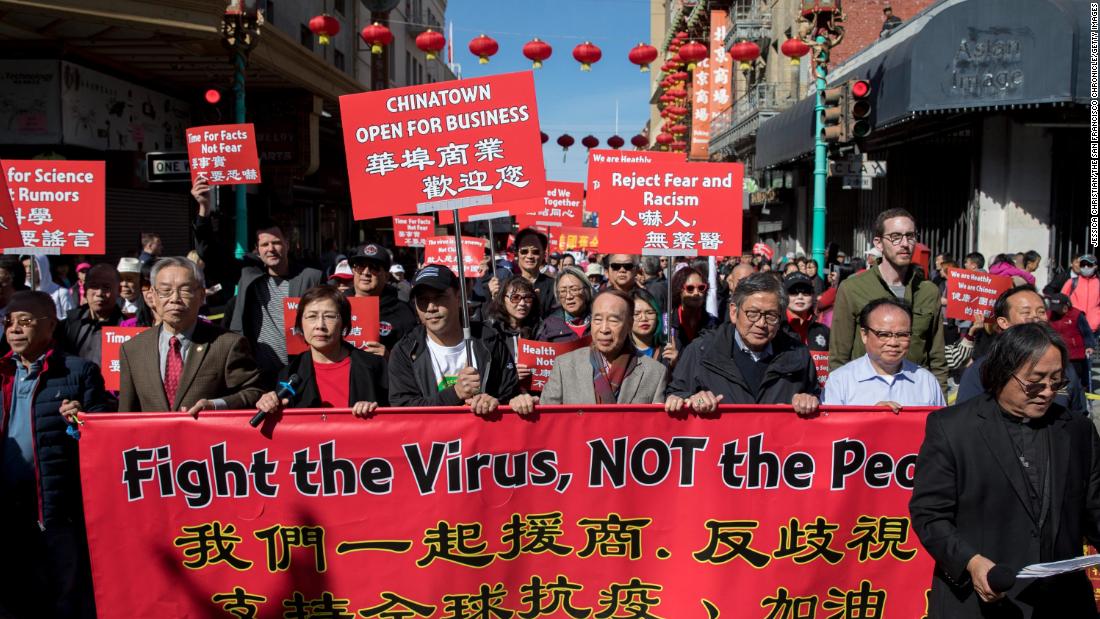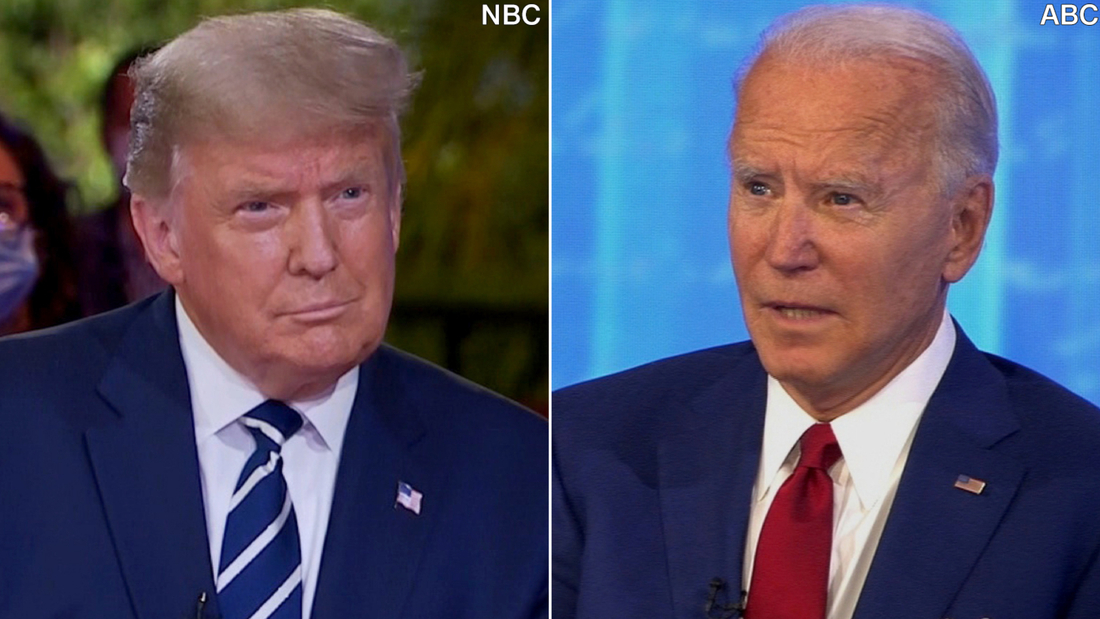As attacks against Asian Americans spike, advocates call for action to protect communities
There is not proof to show that these incidents have been solely motivated by anti-Asian bigotry.
But authorities and advocates for the Asian group say that hate and violence against Asians has been brewing for a number of months — and wishes to be addressed.
“There’s something going on across the nation that really sadly reminds us of some of our past experiences as a community,” mentioned Manjusha Kulkarni, government director of the Asian Pacific Policy and Planning Council and a co-founder of Stop AAPI Hate.
“It’s really the newest version of anti-Asian hate and racism,” she mentioned.
Reports of hate have risen with the pandemic
Rights teams do not know what’s fueling the most recent spike in violent incidents against Asian Americans. But they’ve seen a sample of focused hate for the reason that coronavirus pandemic started.
The downside has been particularly evident in areas with giant Asian American populations in California and New York, Kulkarni mentioned.
“Once [the coronavirus] came to New York City, which was the epicenter of the national crisis and the first one to go through all of this, we were the canary in the coal mine of the future pain and suffering that our entire nation would soon and later come to experience,” New York Rep. Grace Meng mentioned at a Thursday information convention centered on the findings.
Asian Americans Advancing Justice has noticed an identical phenomenon.
From 2017 to 2019, the group acquired lower than 500 reported situations of hate against Asian Americans. But from February to December final 12 months, they mentioned they estimate there have been 3,000 incidents of hate cataloged by their group and others.
“We know it’s only the tip of the iceberg, based on surveys we’ve seen,” he mentioned.
Experts level to xenophobic rhetoric and pandemic fears
“The former President obviously used a lot of racial epithets that blamed the Asian community for the virus,” he mentioned. “That has conditioned people to think of Asian Americans as foreigners and engage in this xenophobic behavior. And that is hard to undo, notwithstanding the current administration.”
Experts additionally blame the insecurity and worry introduced on by the pandemic. People might reply to threats of illness or different crises by scapegoating one other group perceived as falling exterior the cultural norms — on this case Asian Americans, the authors of the Asian American Bar Association report wrote.
“This provides some people with a sense of security and belonging, thereby serving as a defense mechanism against the fear of one’s own mortality,” the report’s authors mentioned. “Not surprisingly, discrimination often rises in response to perceived threats such as the COVID-19 pandemic.”
Asian Americans are seen as simple targets for crime, maybe due to language and cultural boundaries that may stop them from reporting incidents, in accordance to Yang. And the aged are notably susceptible, with considerations that they may very well be focused for robberies as they’re out purchasing for the Lunar New Year.
Lunar New Year, which started on Friday, is meant to be a time of celebration, when households come collectively to share a big meal and change items. But the latest attacks have put one other damper on the vacation that had already been disrupted due to the Covid-19 pandemic.
“There’s a lot of mixed emotions right now,” Yang mentioned.
Communities are calling for action
Groups like Stop AAPI Hate and Asian Americans Advancing Justice say they welcome the response that leaders have taken to tackle the issue of hate against Asian Americans.
President Joe Biden signed an government memorandum final month acknowledging that “inflammatory and xenophobic rhetoric has put Asian American and Pacific Islander (AAPI) persons, families, communities, and businesses at risk.” He additionally directed the Department of Health and Human Services to take into account issuing Covid-19 steering to tackle points to language entry and sensitivity towards the AAPI group.
But group leaders say that extra wants to be completed.
Both Kulkarni and Yang are calling on group options to assist tackle the issue. Yang known as for bystander intervention coaching and native efforts reminiscent of neighborhood stroll companies and purchasing companies for the aged. Kulkarni has known as for extra help and assets for Asian Americans to assist them tackle incidents of assault and harassment.
“It is up to all of us — businesses, the government, and community partners — to come together and immediately support victims and families affected by these incidents, and work together to create long-lasting solutions that empower our communities with resources, support and education.”




